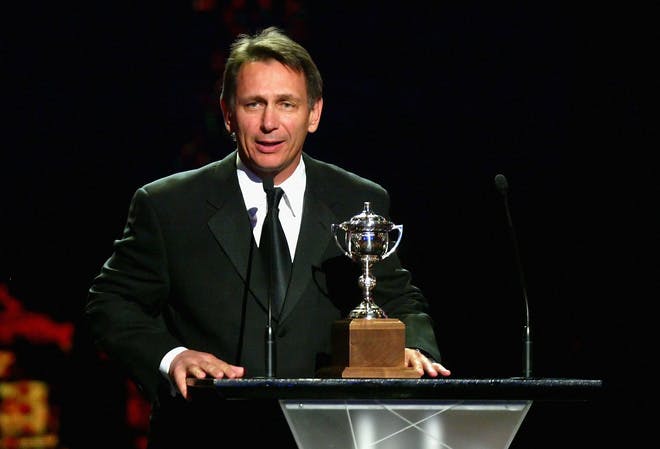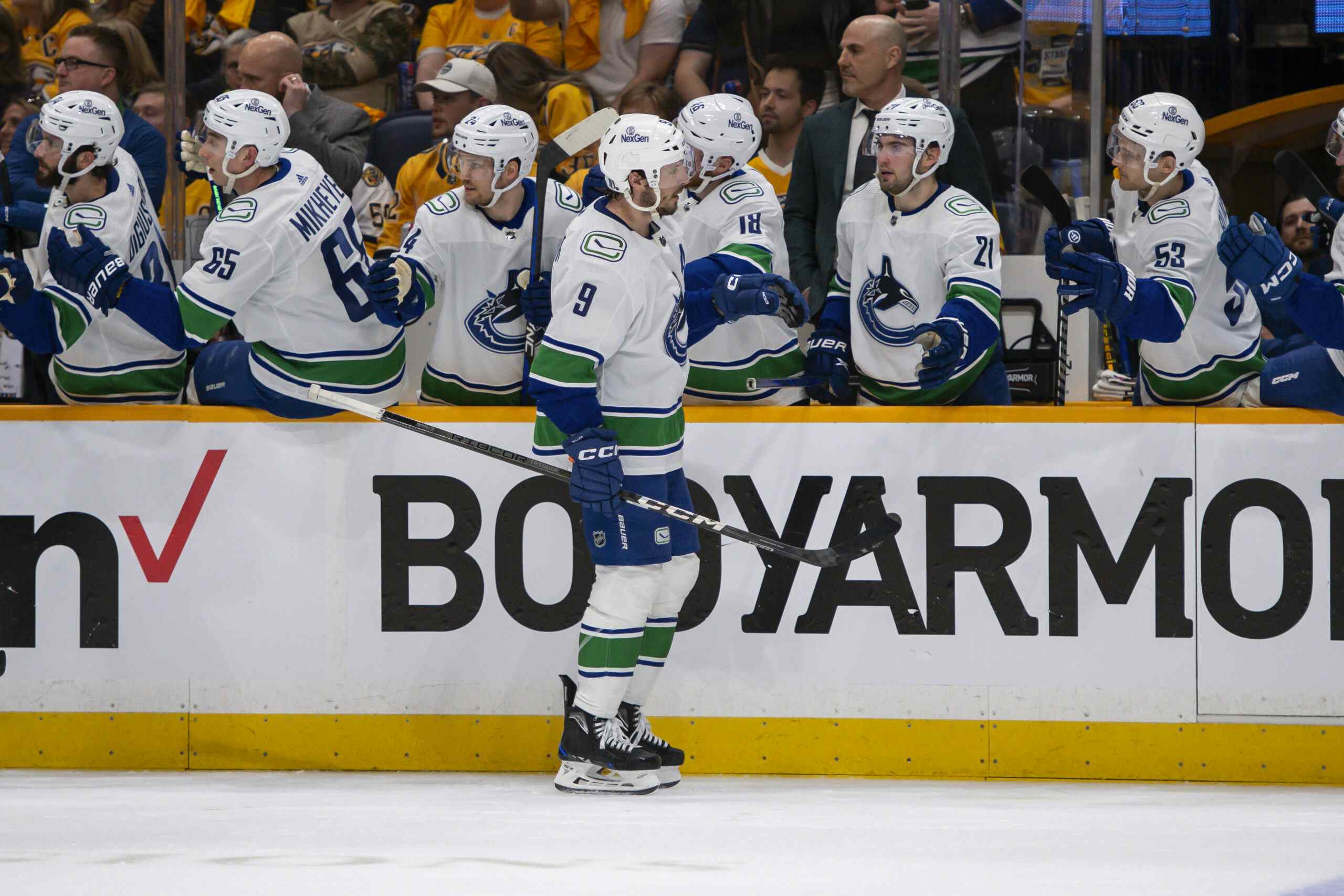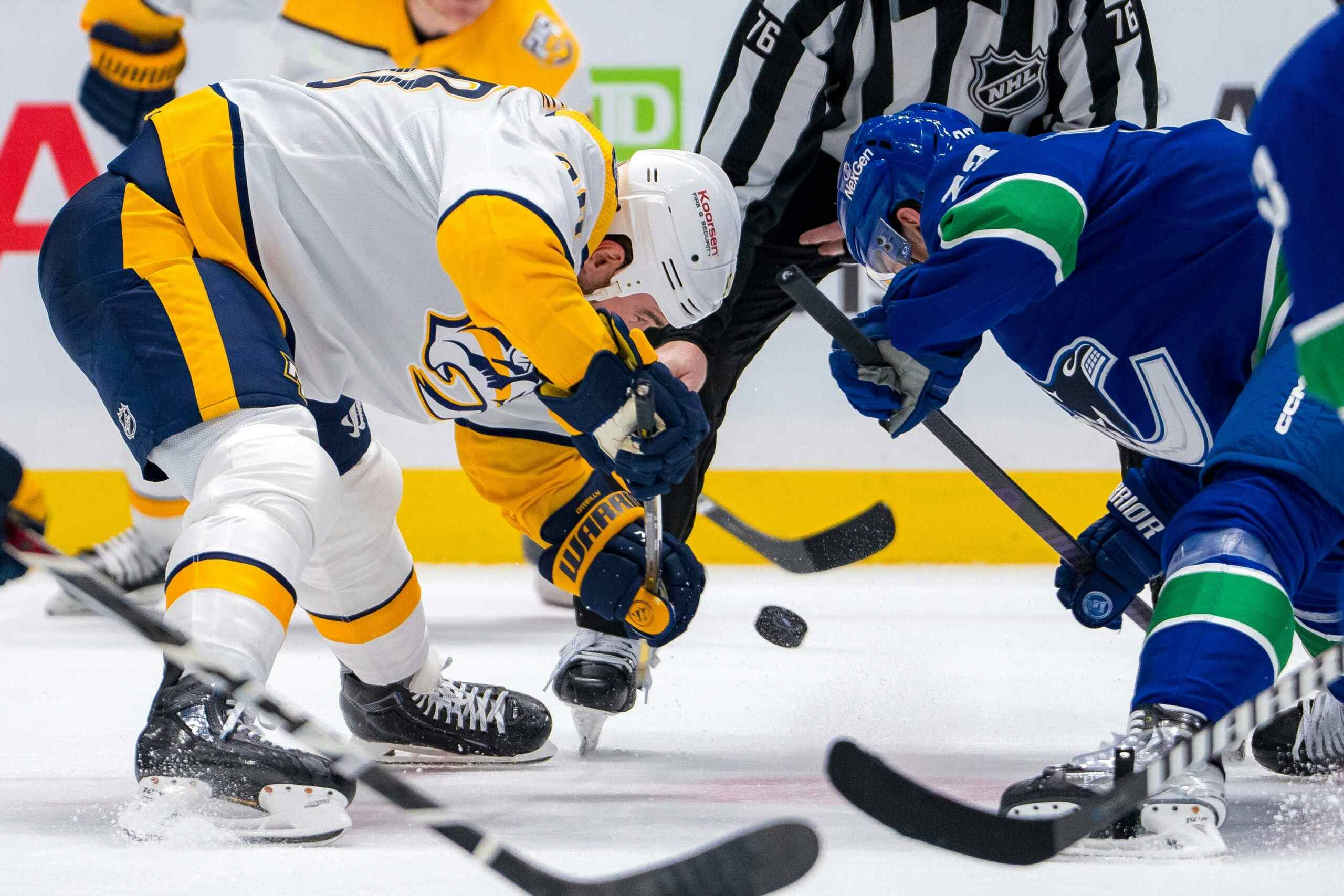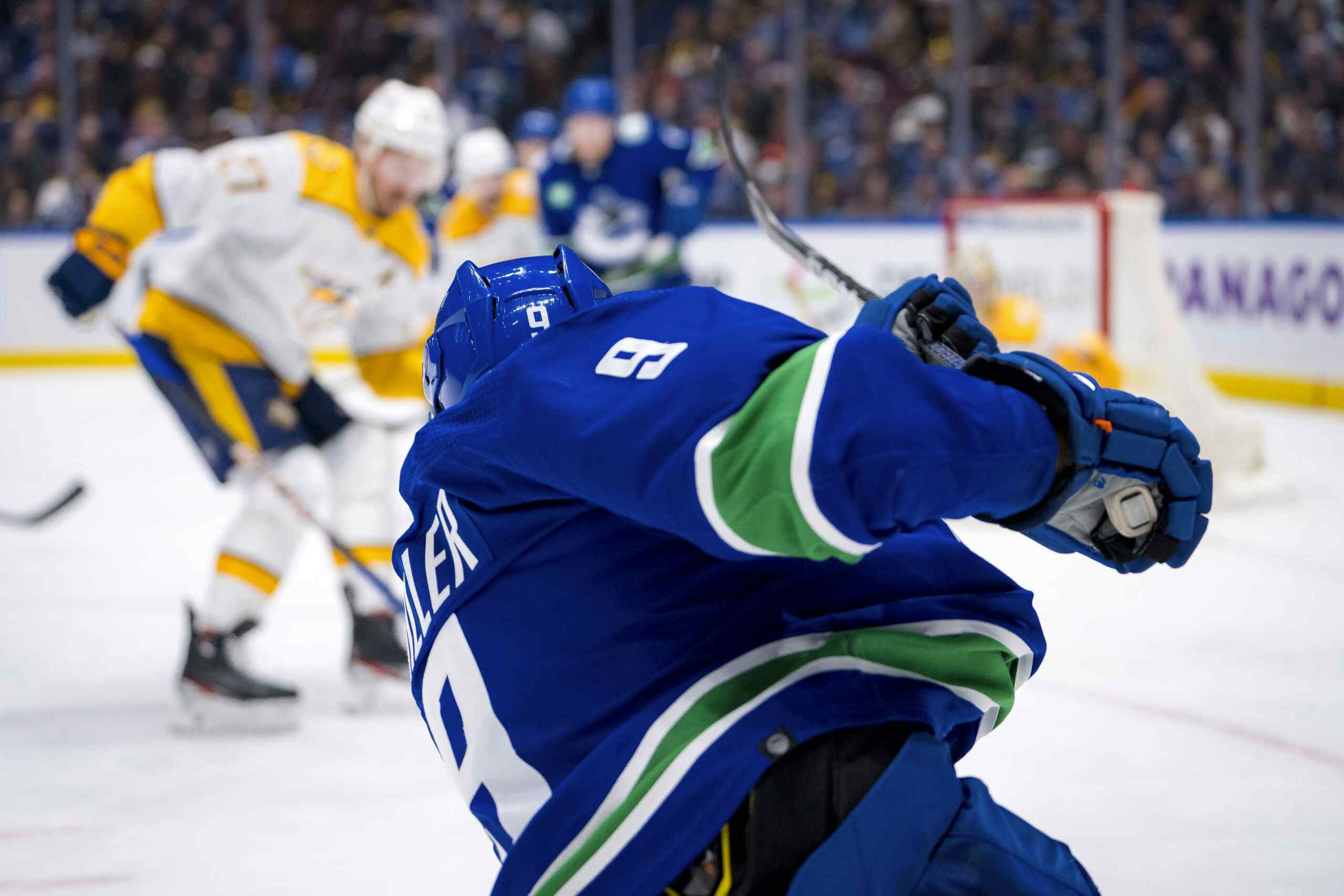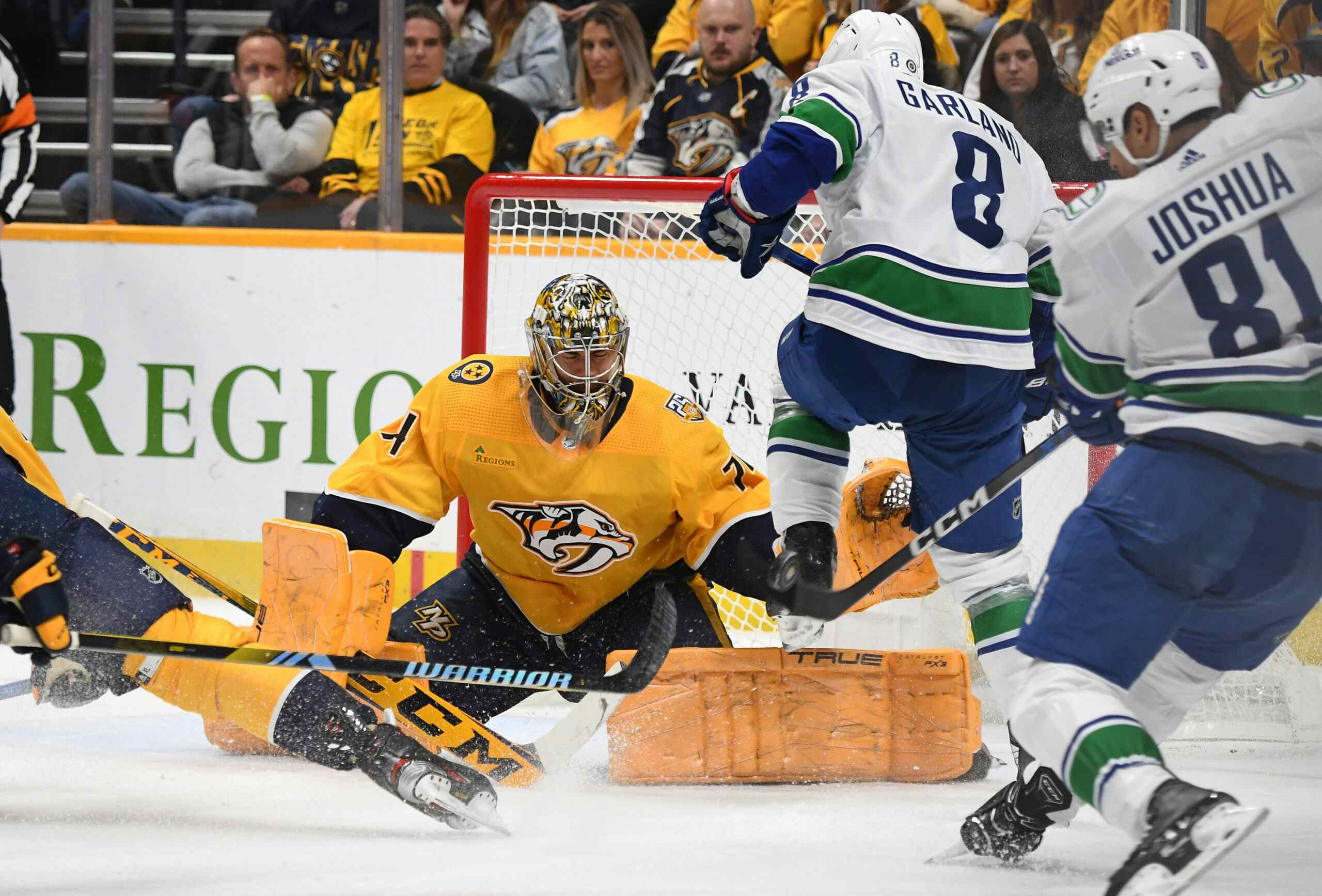NHL Teams Ranked By Cap Space
The fact that the salary cap has changed the NHL landscape is something that anyone who follows hockey is constantly reminded of. For the Western Canadian teams, that salary cap was once something worth fighting for; but a number of factors – most importantly, the recovery of the Canadian dollar – have changed it from a blessing to a curse.
None of this is to say that NHL teams don’t need it. The league will always have small markets, and they need to be protected – both by measures like a salary cap and by revenue sharing*. The league will also always have the New York Rangers, and for the good of all Glen Sather needs the restraint.
None of this is to say that NHL teams don’t need it. The league will always have small markets, and they need to be protected – both by measures like a salary cap and by revenue sharing*. The league will also always have the New York Rangers, and for the good of all Glen Sather needs the restraint.
With teams like Vancouver, Calgary and Edmonton all relatively close to the salary cap, it’s easy to get the impression that every team is battling cap issues. That turns out to not to be the case; what follows is a list of cap space available to each club, rounded to the nearest 100,000 (courtesy of CapGeek.com):
- New York Islanders: 18.7MM
- Nashville: 15.3MM
- Phoenix: 14.1MM
- Tampa Bay: 11.9MM
- Columbus: 11.5MM
- Dallas: 10.5MM
- Atlanta: 10.4MM
- Los Angeles: 9.4 MM
- Colorado: 9.0MM
- St. Louis: 8.8MM
- Florida: 7.7MM
- New Jersey: 5.2MM
- Minnesota: 4.2MM
- Anaheim: 4.1MM
- Buffalo: 3.3MM
- Vancouver: 2.7MM
- New York Rangers: 2.5MM
- Montreal: 2.2MM
- Carolina: 2.2MM
- Toronto: 2.2MM
- Pittsburgh: 1.8MM
- Calgary: 1.4MM
- Chicago: 1.4MM
- Washington: 1.3MM
- Edmonton: 1.2MM
- Boston: 1.1MM
- Philadelphia: 0.4MM
- San Jose: -0.3MM
- Ottawa: -0.6MM
- Detroit: -1.0MM
Of note:
Nashville has a limited amount of payroll, but they will need to add at least one more defenseman (they have six NHL’ers, and the bottom three is a rather pedestrian group (Kevin Klein, Alex Sulzer and Wade Belak). On top of that, Patric Hornqvist (7 points in 28 NHL games) is penciled in as the second-line LW.
Columbus has been connected rumours-wise to virtually every offensive defenseman available; they’ll need to add a puck-mover at some point. Given the Howson-Edmonton connection, it’s a fairly easy leap to guess they’ll add someone from the Oilers’ stable.
Dallas could also probably use a defenseman; their forward combinations aren’t bad but the loss of Zubov to injury was bad news last year and his departure in favour of the KHL is worse news this year.
Dany Heatley’s dream of playing for the San Jose Sharks is all but impossible unless the Sharks somehow manage to cut salary.
I, like everybody else, am firmly convinced of the genius of Ken Holland, but the Red Wings signing Todd Bertuzzi and Jason Williams pushes them over the cap, and they’ll need to address that before the season starts.
* Tony Gallagher, a columnist who covers the Vancouver Canucks, displayed a delicious blind spot for irony when he recently complained that the NHL’s revenue sharing system was helping the Canucks lose games. It’s ironic because less than a decade ago, the Canucks were described as “losing millions”, “in flux” and Brian Burke was saying positive things about only losing 12 million dollars per season. I think it takes an almost total ignorance of the past twenty years for anyone who covers a team in Western Canada to argue against protection measures for small markets.
Recent articles from Jonathan Willis

